Silence Is the Real Taboo
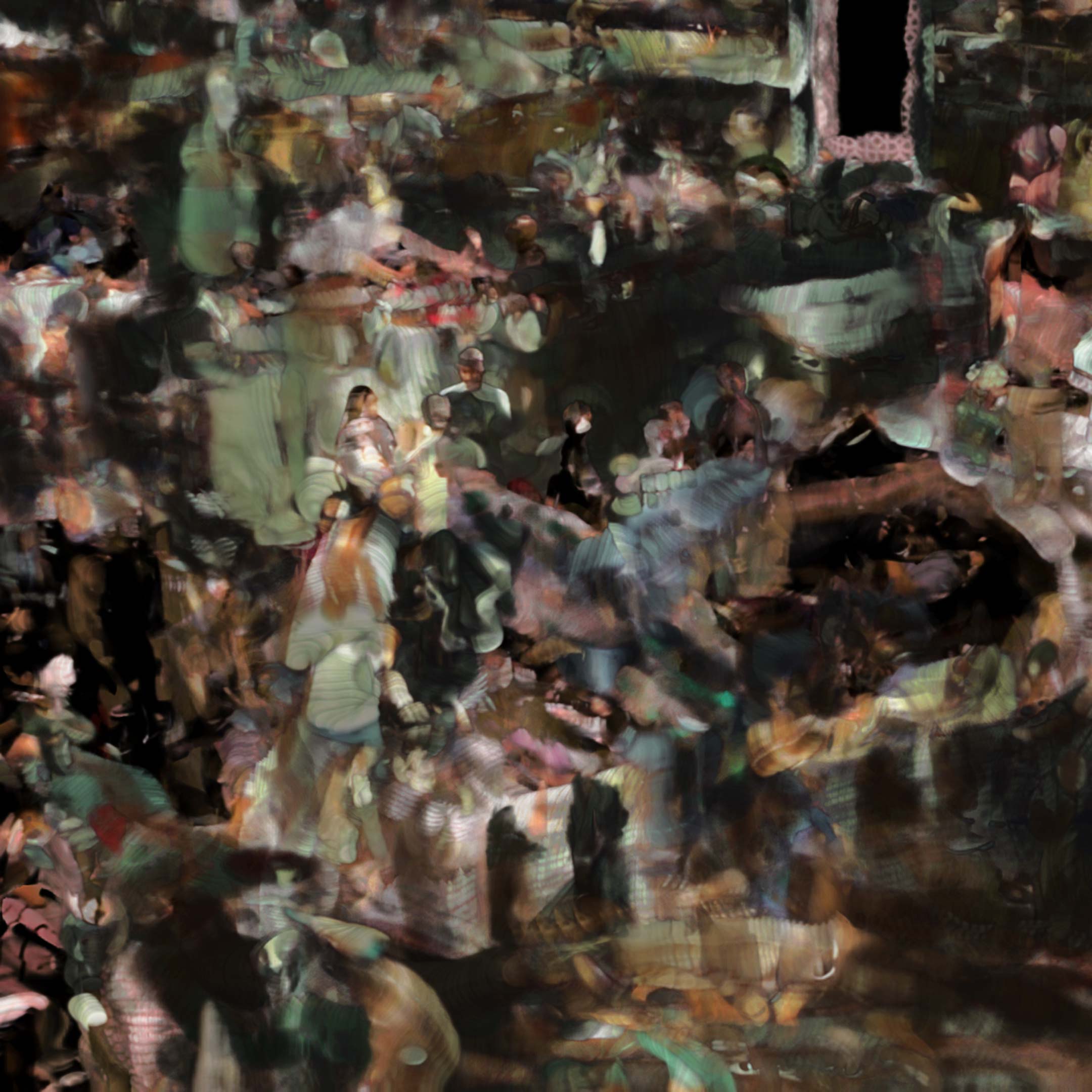
In Beirut every gunshot has a different meaning. There are sounds of war and of celebration. The Lebanese musician Serge Yared explains how they are used in music and aestheticized.




In Beirut every gunshot has a different meaning. There are sounds of war and of celebration. The Lebanese musician Serge Yared explains how they are used in music and aestheticized.



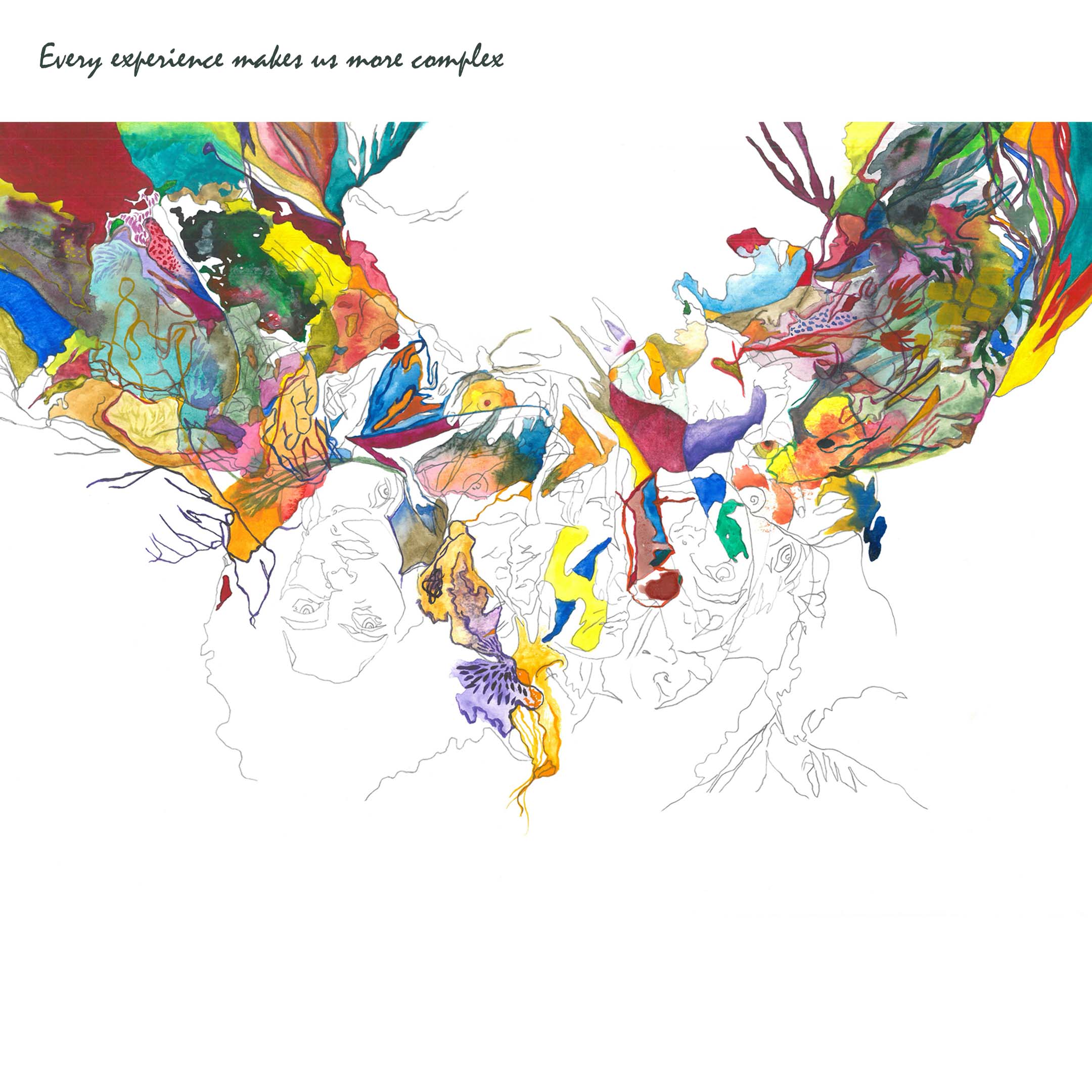
In this photo series South African photographer Dylan Culhane stages artist Umlilo in collage portraits and evokes a sense of multiplicity.



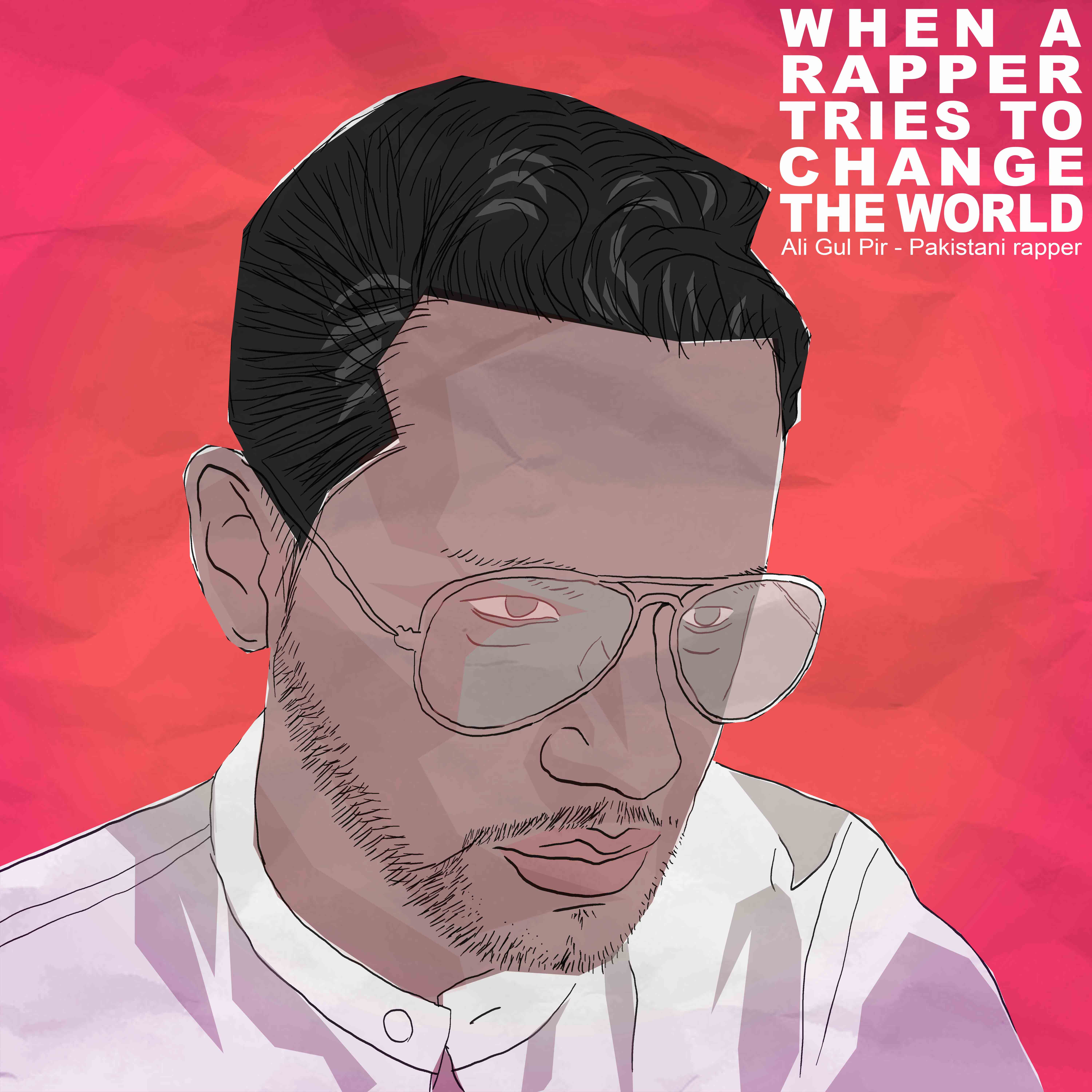
An impressive and moving testimonial of rapper and comedian Ali Gul Pir from Karachi, Pakistan, who is faced by death threats due to his art. In the podcast he talks about what makes him feel lonely when living and working as a musician in Pakistan.



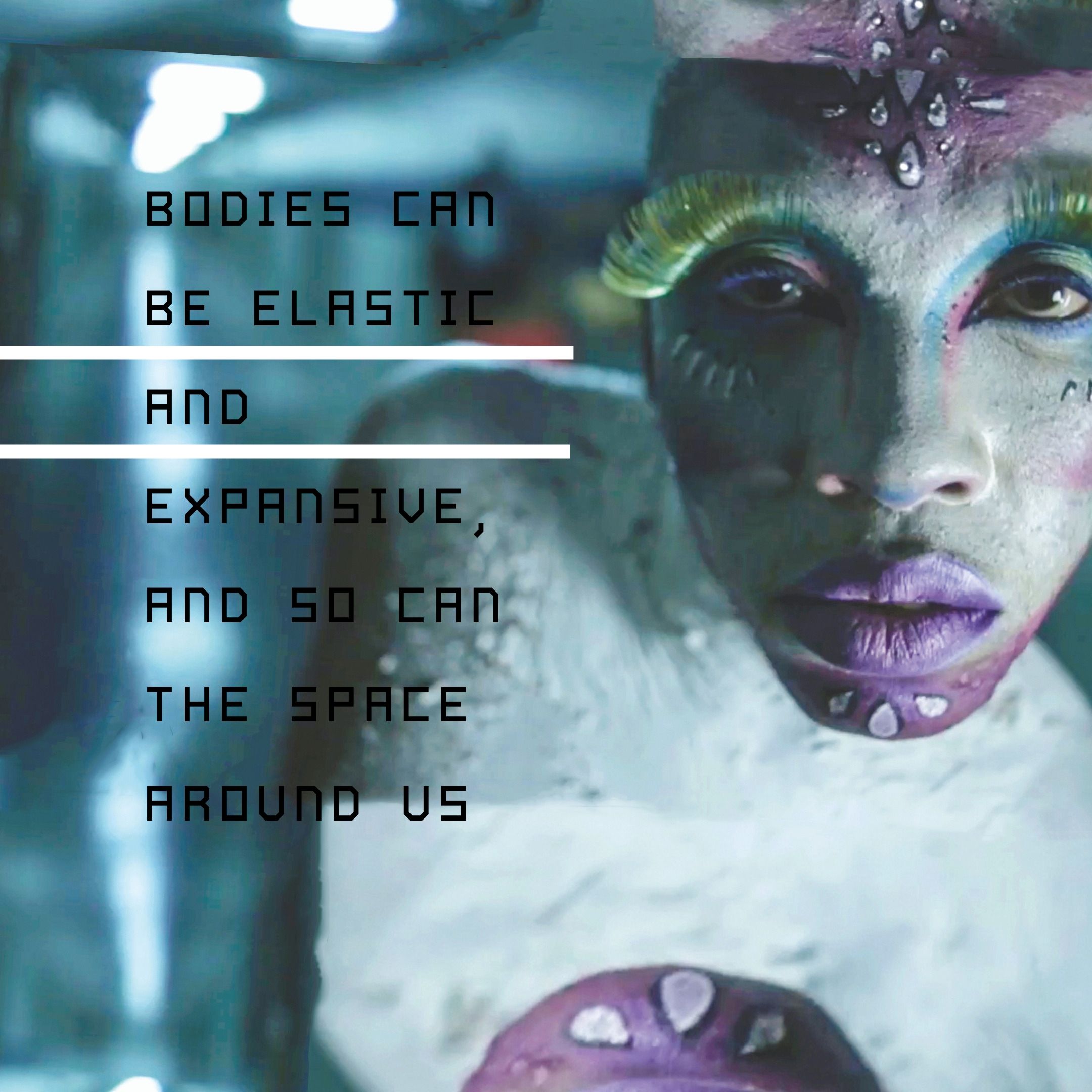
What reads at first sight as a rather classic «coming out» story is not a linear narrative. In the music video «Magic Man» South African artist Umlilo and director Jasyn Howes produce a temporal and spatial disorder through fragments of moving images.



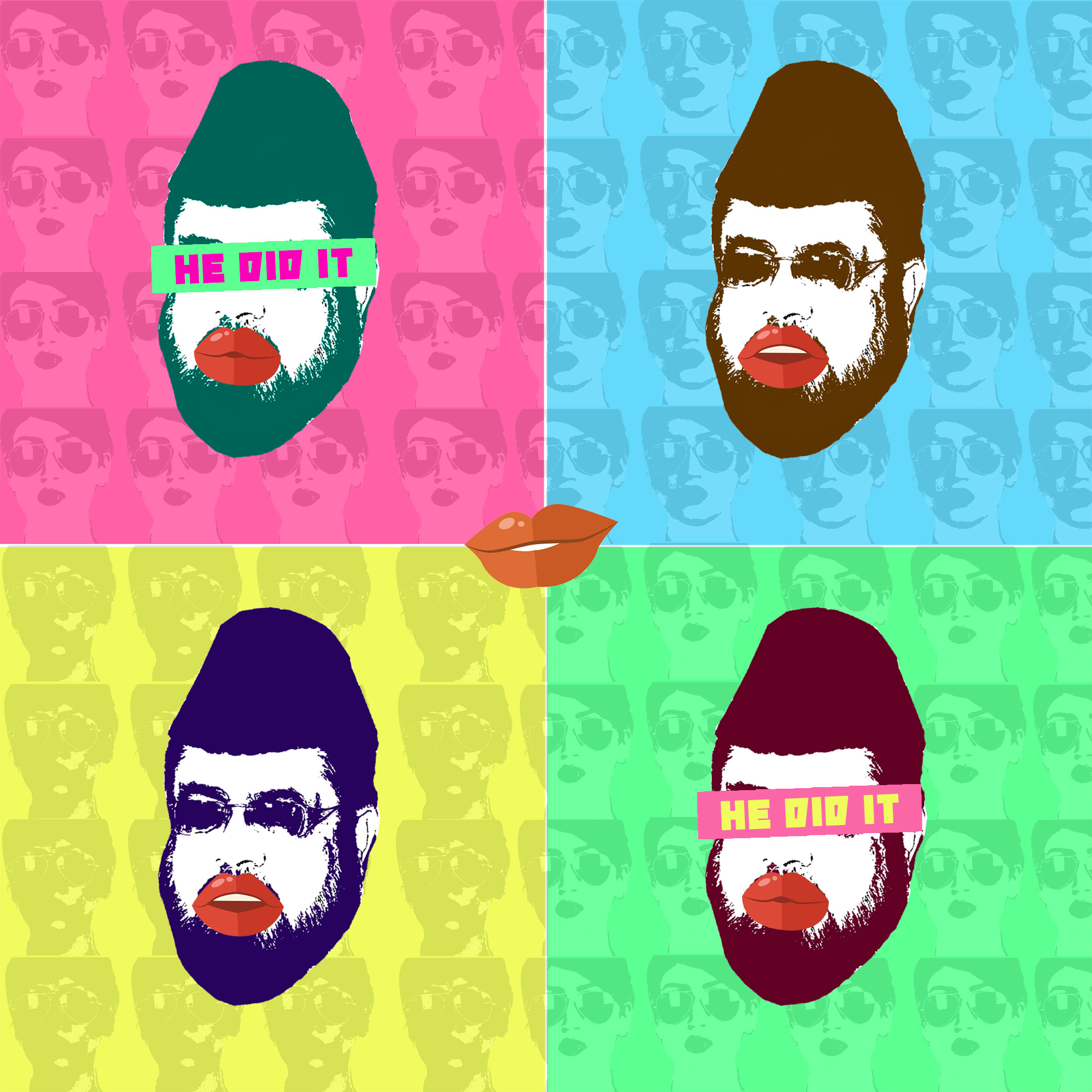
«Nowadays no song is independent», says journalist Manal Faheem Khan from Karachi and explains how the Pakistani music business works. The music video «#Kholo BC» by Ali Gul Pir and Adil Omar might be a rare exception here.



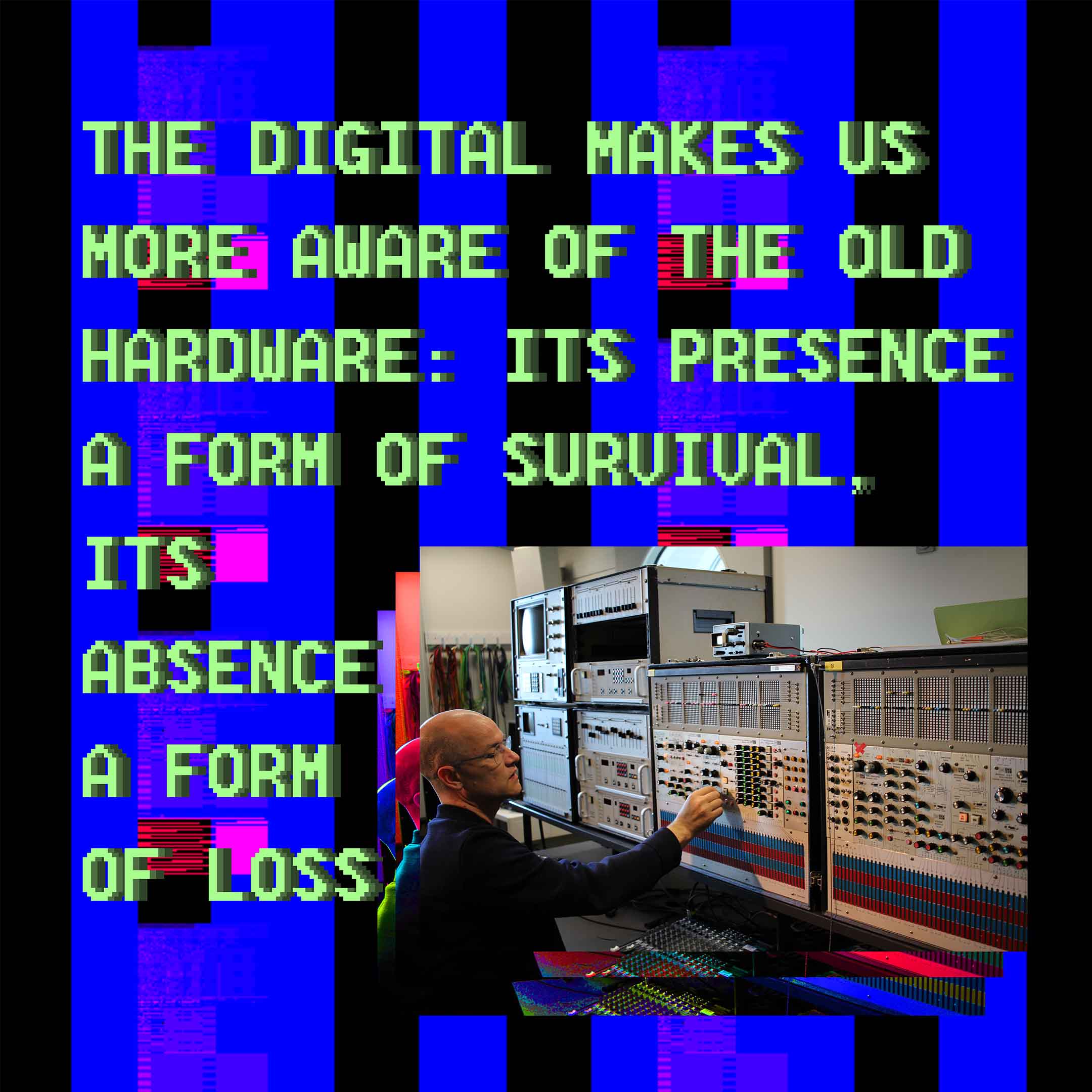
The legendary «Donaueschinger Musiktage» offer in its 2018 edition a different perspective on how we perceive synthesizers. In the commissioned pieces, the composers Marcus Schmickler and Florian Hecker take the sounds from the past to the now.



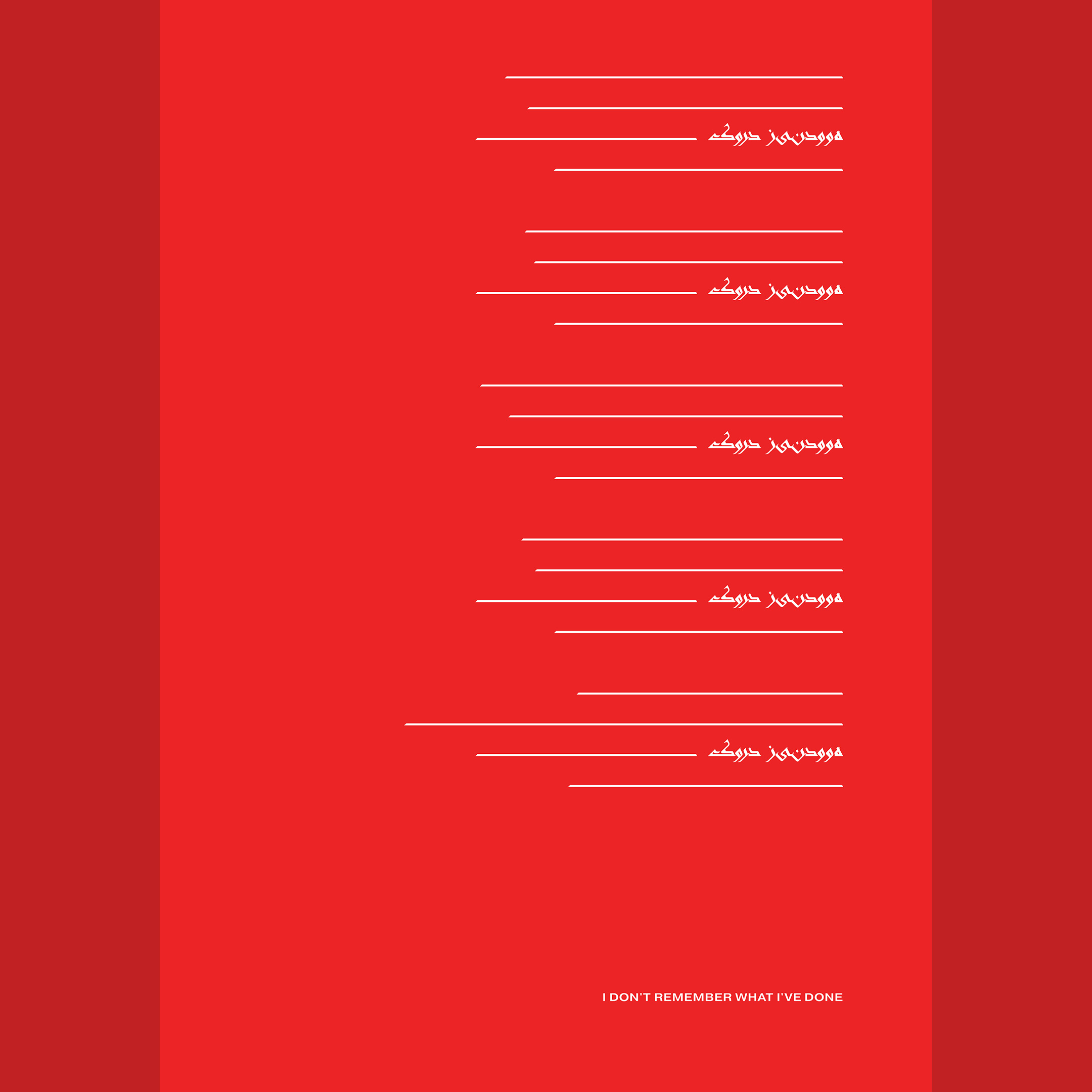
Berlin-based producer Kritzkom rarely works with samples and, accordingly, on her 2016 techno track «Inner March for Utopia» synth basses and melodies dominate. But if one digs deeper one can find the traces of a sample of the Kurdish national anthem.



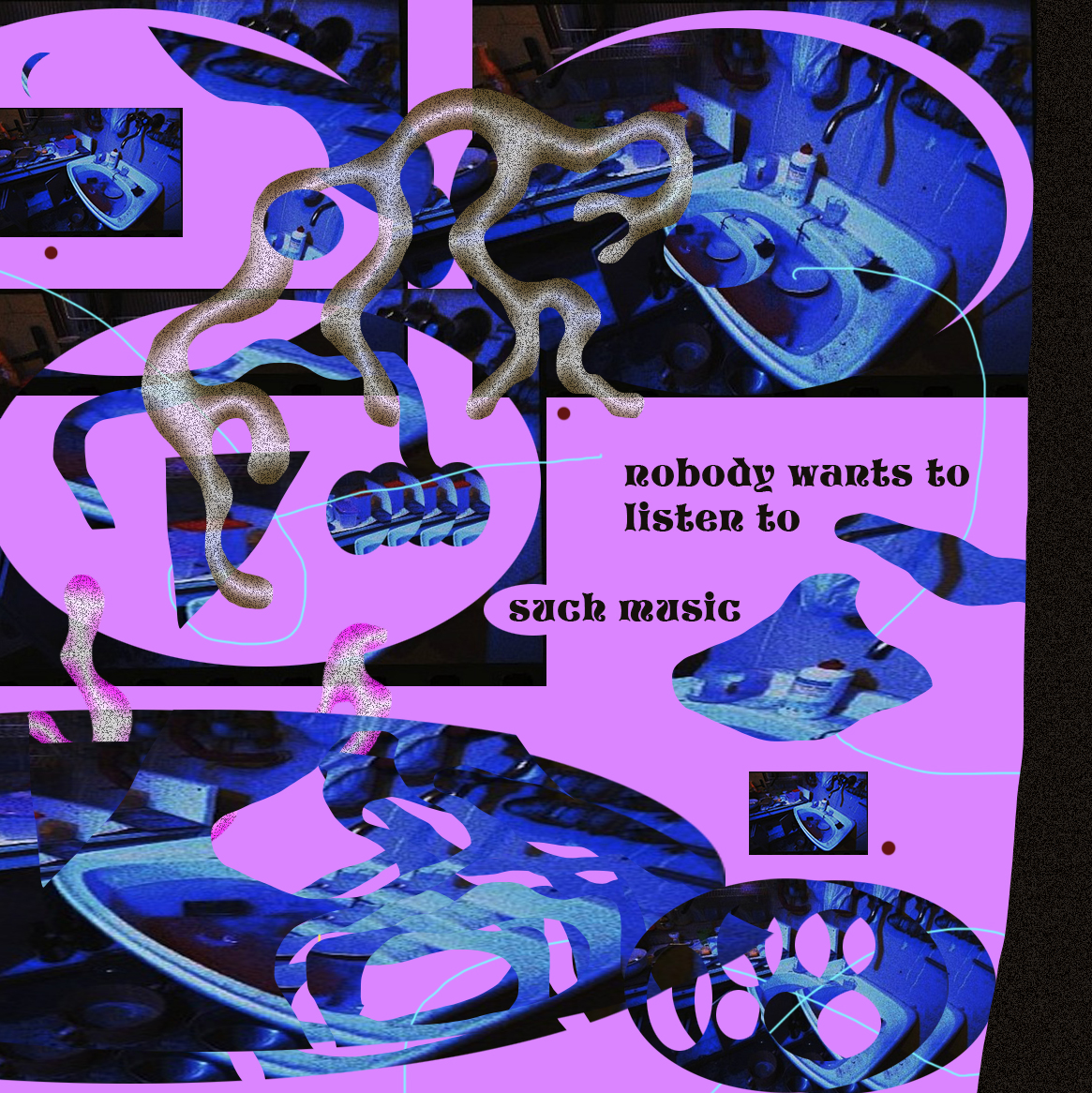
Grown on the Czech music platform bandzone, anti-music is a trashy music wave that is about music that nobody wants to listen to: amateurish lo-fi recordings made by funny and nerdy «musicians» who play old and broken music instruments.



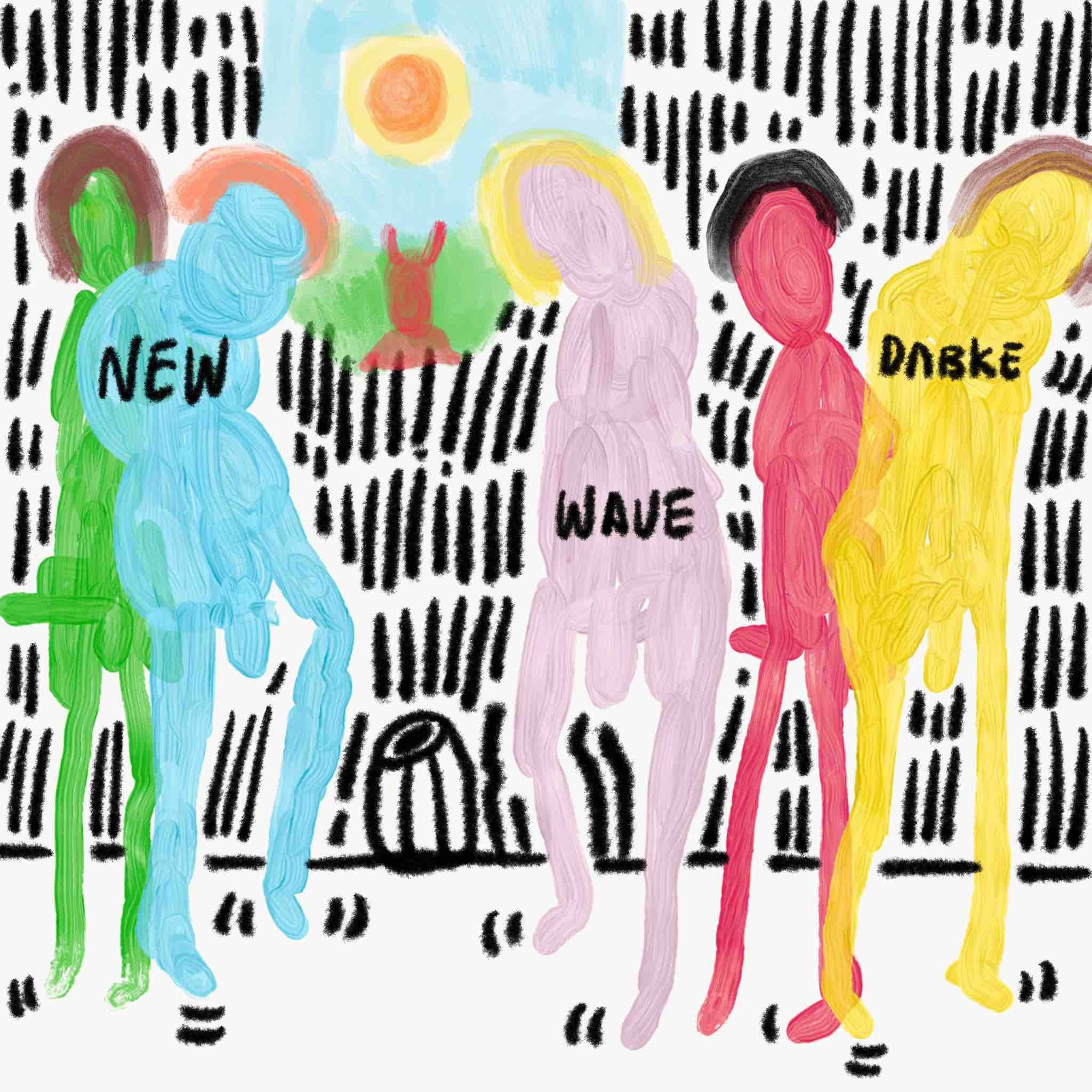
For centuries dabke was a local tradition in Syria, but in the late 1990s, it has become urban. Thereby, the popular dance music was reimaginated and globalized. Under the name «new wave dabke» special stylistic idoms have become noticeable.



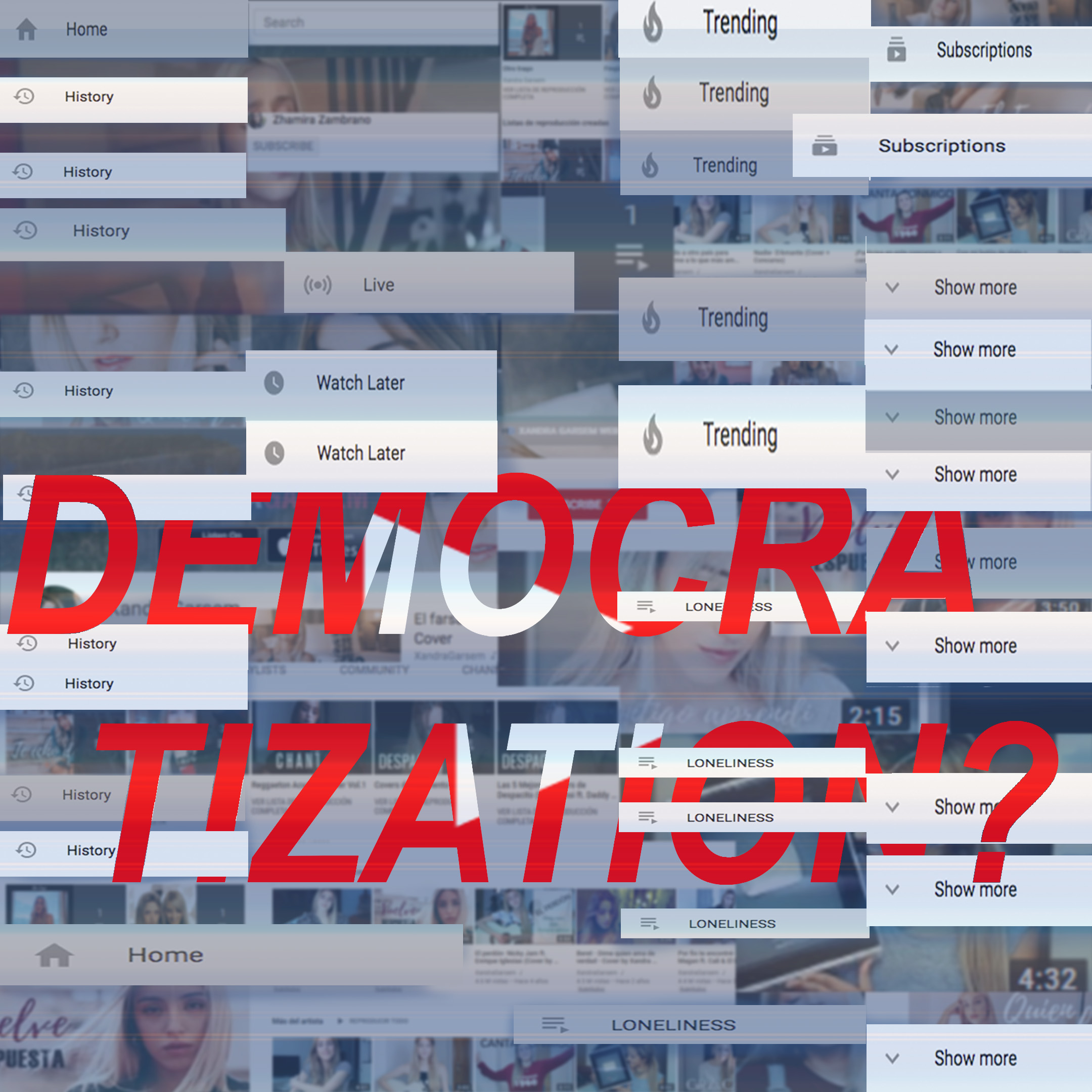
The ways in which music videos generate money have changed since the days of MTV. The rise of YouTube came along with the hope for democratization, but this as been diluted due to corporatization. Is this a threat to cultural diversity?


